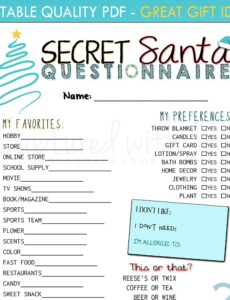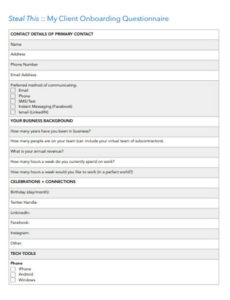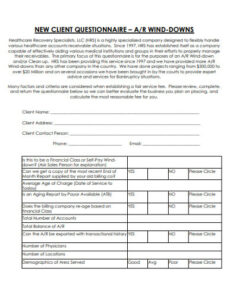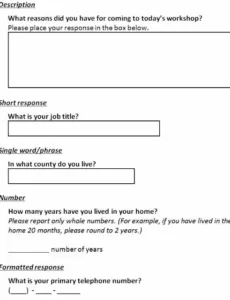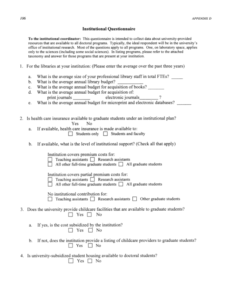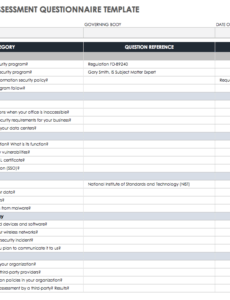Creating compelling case studies is an art form, but gathering the essential information often feels more like a treasure hunt without a map. You know you need to highlight client successes, demonstrate your value, and convince potential customers, but how do you extract those golden nuggets of insight from busy clients? It can be a challenge to ensure you cover all your bases, from understanding their initial problem to celebrating the measurable outcomes you helped them achieve.
That’s where a structured approach becomes invaluable. Having a pre-defined set of questions not only streamlines your interview process but also ensures consistency across your case studies, making them more impactful. A well-designed case study questionnaire template acts as your compass, guiding you through the interview and helping you collect all the rich, detailed information needed to tell a truly persuasive story.
Crafting the Perfect Questions: What to Include
When you set out to build a powerful case study, the quality of your output directly correlates with the quality of your input. This means asking the right questions, at the right time, in a way that encourages your client to share their journey openly and honestly. Think of your questionnaire as a narrative arc, moving from the initial struggle to the ultimate triumph, all thanks to your solution. It’s about building a story, not just a list of facts.
Your questions should guide the conversation naturally, allowing the client to paint a vivid picture of their experience. Start broad and then drill down into specifics. Consider the stages of their engagement with your product or service, from the moment they realized they had a problem, through their search for a solution, to the positive impact your offering had on their business. Each stage offers unique insights that can strengthen your case study’s narrative.
Pre-Interview Preparation Questions
Before you even sit down for the main interview, it’s helpful to gather some foundational information. This helps you understand the client’s context and tailor your follow-up questions more effectively. These questions can often be sent ahead of time.
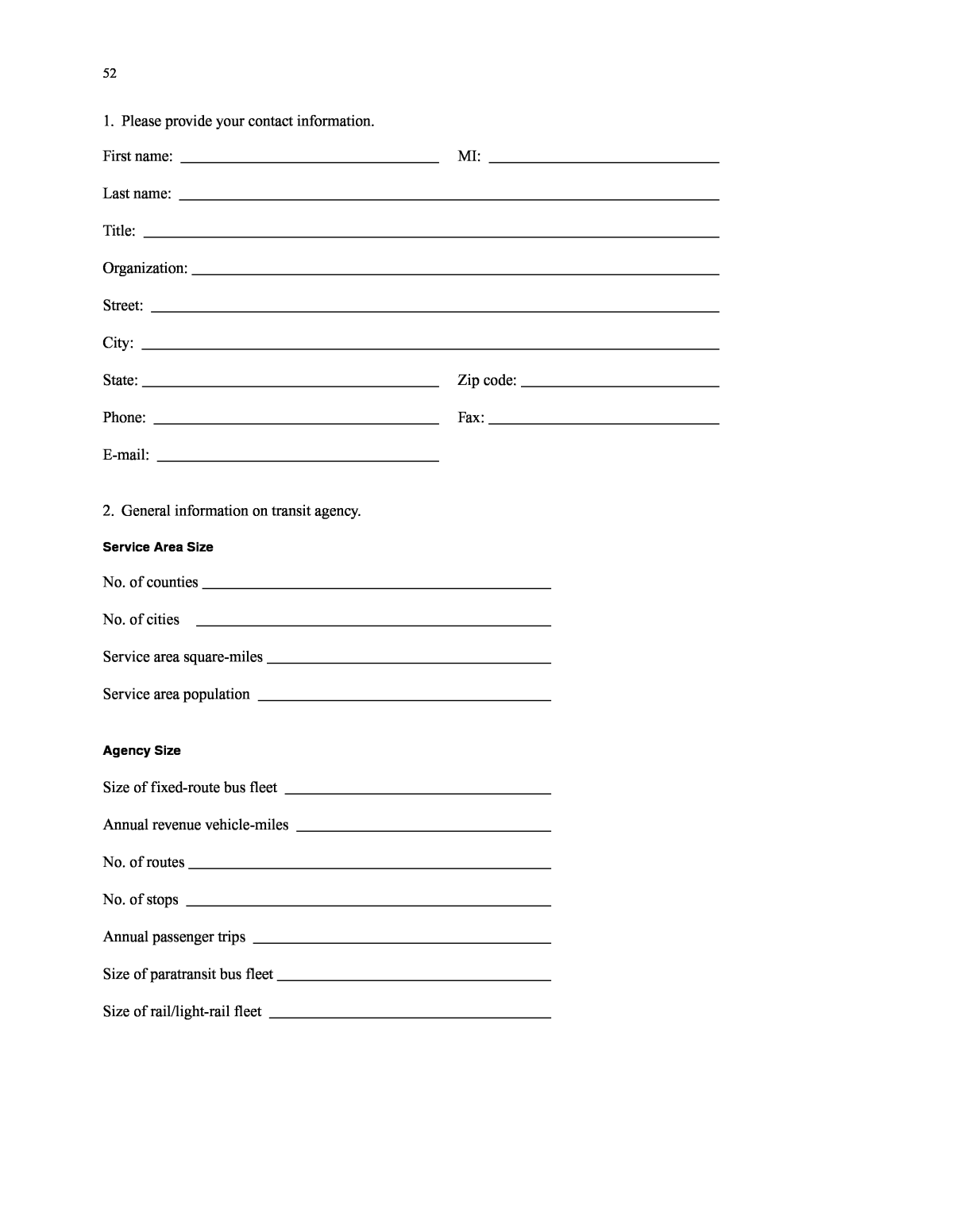
- What was your company’s primary challenge or pain point that led you to seek a solution like ours?
- What specific goals were you hoping to achieve by implementing our product or service?
- What alternatives did you consider before choosing us, and what factors influenced your decision?
During-Interview Core Questions
These are the heart of your interview, focusing on the client’s journey, the implementation process, and the direct impact of your solution. Encourage detailed anecdotes and specific examples.
- Could you describe the situation before you started using our solution? What were the key frustrations or inefficiencies?
- How did the implementation process go? Were there any surprises or particularly positive aspects?
- What specific features or aspects of our product/service did you find most valuable, and why?
- How has our solution specifically addressed the challenges you mentioned? Can you provide concrete examples?
- What measurable results or improvements have you seen since implementing our solution? (e.g., increased revenue, reduced costs, improved efficiency)?
- How did our team support you throughout the process?
Post-Implementation Impact and Testimonial Questions
Finally, focus on the long-term benefits, the overall satisfaction, and how the client would recommend your offering to others. This part is crucial for strong testimonials.
- What are the top two or three benefits your organization has experienced by partnering with us?
- How has our solution impacted your team’s daily operations or overall business strategy?
- Would you recommend our product/service to others facing similar challenges? Why or why not?
- Is there anything else you would like to share about your experience working with us?
Tips for a Successful Interview and Questionnaire Use
Having a robust case study questionnaire template is undoubtedly a fantastic starting point, but the success of your case study also hinges on how you use it and how you conduct the interview itself. It’s not just about ticking boxes; it’s about fostering a conversation where the client feels comfortable sharing their genuine experience. Think of the template as your guide, not a rigid script you must adhere to word-for-word.
Before the interview, do your homework. Research the client’s business, their industry, and any publicly available information about their challenges or successes. This preparation allows you to ask more informed follow-up questions and demonstrate that you value their time and insights. During the interview, listen actively. Sometimes the most compelling stories emerge from tangents or unprompted remarks. Be ready to pivot and explore interesting avenues that may not be explicitly covered in your template.
Remember that the client is doing you a favor by dedicating their time. Make the process as easy and enjoyable for them as possible. Be flexible with scheduling, keep the conversation flowing naturally, and always express your gratitude. A positive interview experience can lead to even richer insights and a willingness to participate in future marketing efforts.
Here are some key tips to ensure you get the most out of your case study interviews:
- **Prepare Thoroughly:** Research the client and their industry.
- **Listen Actively:** Pay attention to nuances and unprompted details.
- **Be Flexible:** Allow the conversation to flow naturally, even if it deviates slightly from the script.
- **Ask Open-Ended Questions:** Encourage detailed answers beyond simple “yes” or “no.”
- **Follow Up:** Don’t hesitate to ask for clarification or more examples.
- **Respect Their Time:** Be punctual and keep the interview concise yet comprehensive.
Finally, understand that while a comprehensive case study questionnaire template provides an excellent framework, every client and every success story is unique. Be prepared to customize questions based on their specific situation and the nuances of your relationship. The goal is to capture an authentic narrative that resonates with your target audience, showcasing the real-world impact of your solutions.
By thoughtfully designing and utilizing a strong questionnaire, you’re not just collecting data; you’re crafting compelling narratives that resonate with your audience. These stories serve as powerful testimonials, turning client successes into your most persuasive marketing assets. A well-executed case study can significantly boost your credibility and demonstrate tangible value, helping prospects envision their own success with your offerings.
